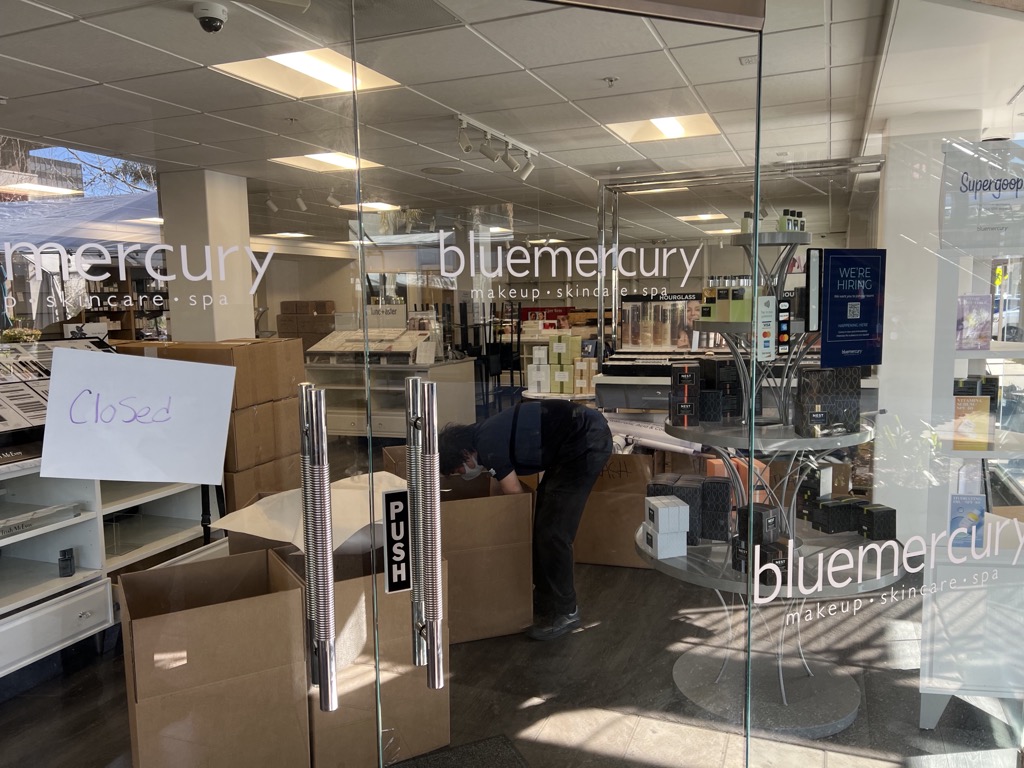I’m giving a talk at the Silver Tongued Cats tomorrow morning with tips about how to avoid getting stalled. I’d written most of it already, but I needed to add a couple of more photos to the talk, set it up so I could use OBS instead of PowerPoint to do the presenting, and test to make sure everything would work right on Zoom.
So, of course, I spent much of the afternoon trying (and failing) to figure out how to use a Linux machine to play Blu-ray discs and be able to see the menus on the disc. Playing a disc was pretty easy – all I had to do was install MakeMKV (for Blu-Ray access) and VLC (to actually play the media), which I’ve done many times. But when I told VLC to show me the menus, I got error messages claiming that Java was not available, even though I had installed it. And when I was finally able to persuade the system that Java was indeed there, VLC crashed.
I updated the Linux system. No improvement. I downloaded the source code for the failing component (libbluray2) and tried to compile it, only to discover I was missing a lot of pre-requisite tools. I downloaded them and got yet more error messages during compilation – something about the compiler no longer supporting old syntax for the Java programs.
I finally gave up, which was the smartest thing I’d done all afternoon.
Then I added the missing photos to the presentation and tested everything. It took all of 20 minutes.
I have another tip to add to the presentation.

